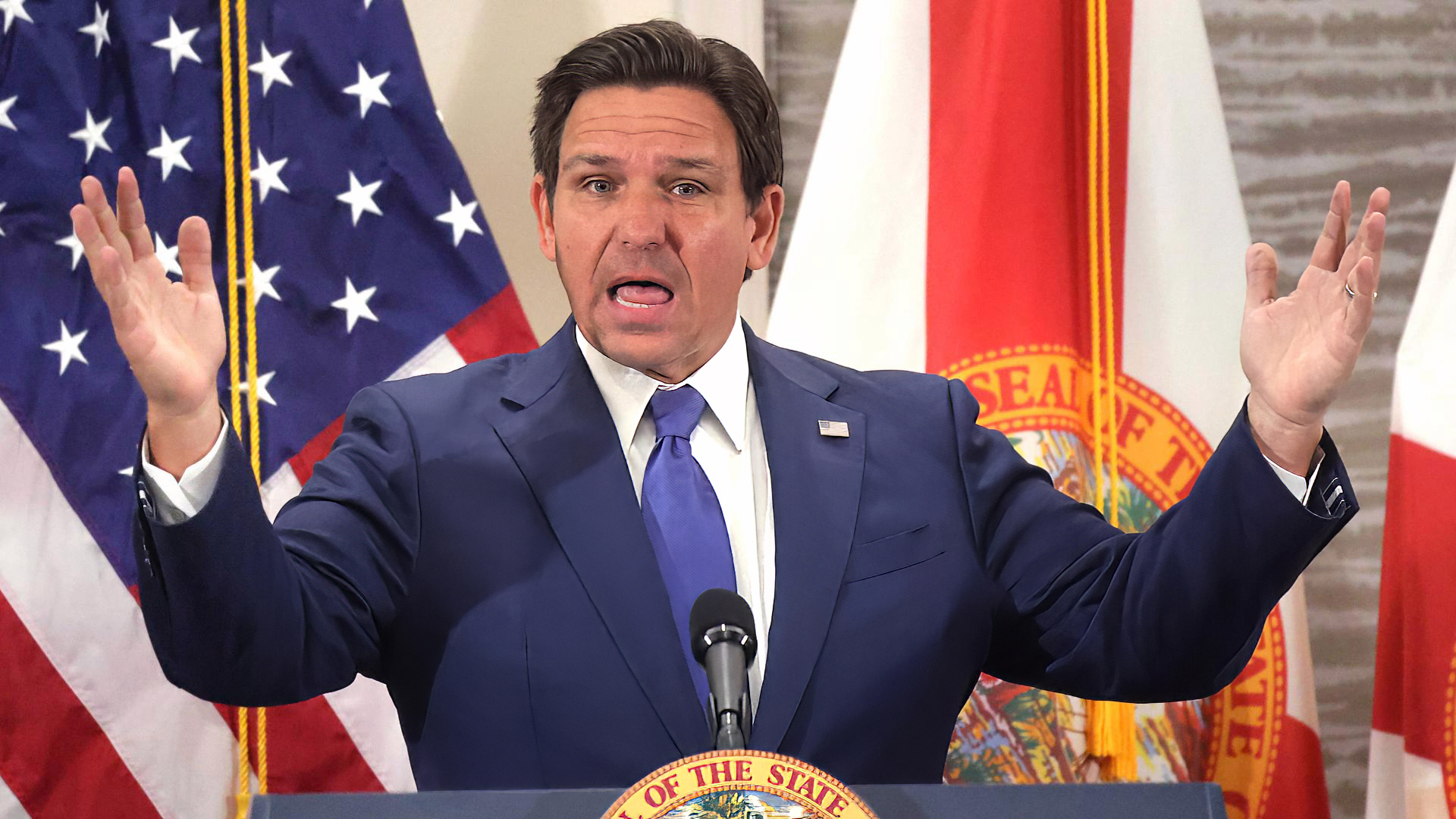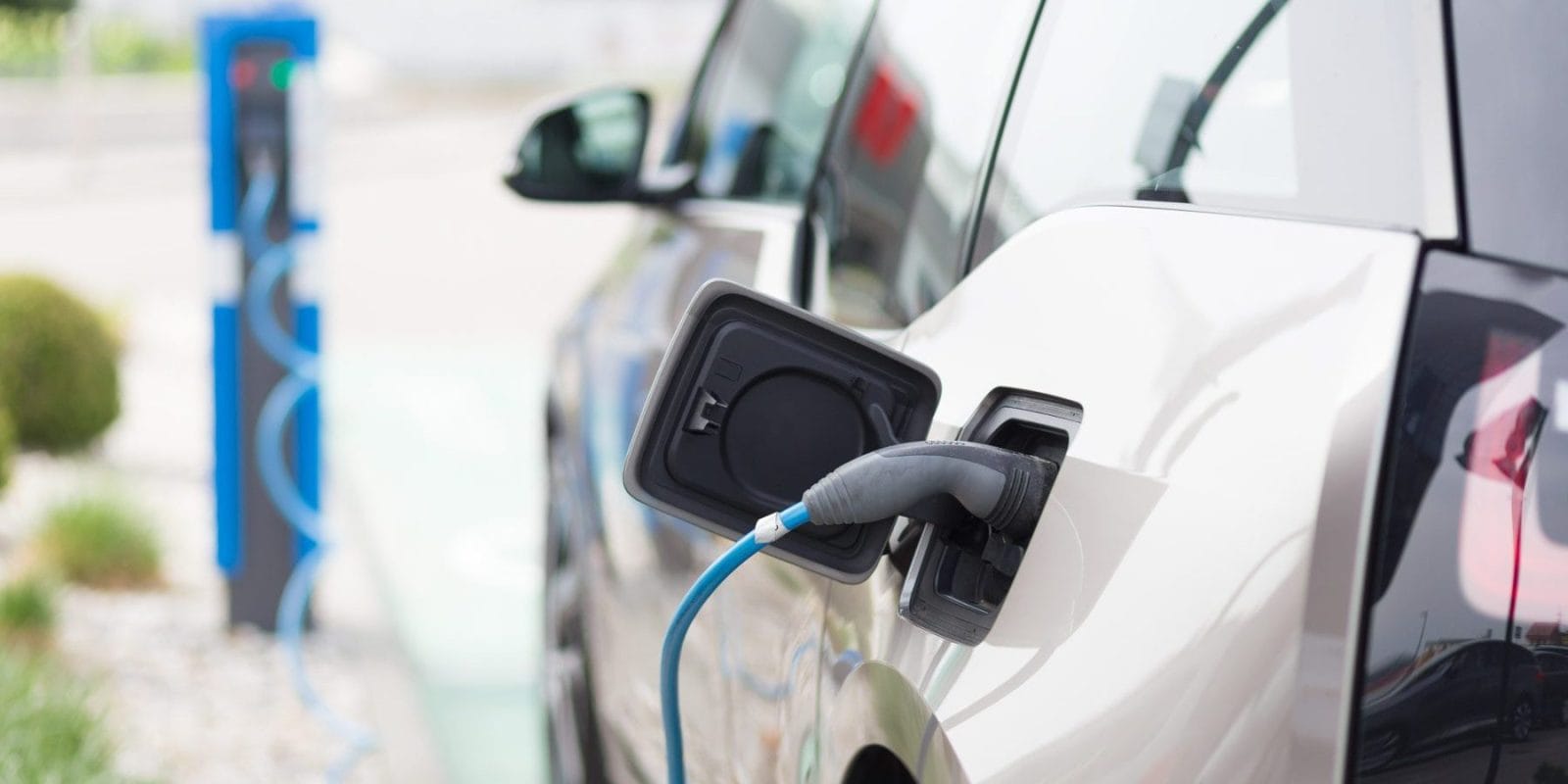Gov. Ron DeSantis predicted efforts to put marijuana legislation back on the ballot won’t pass muster in court.
Weeks after Smart & Safe Florida launched a fresh effort to put a legalization measure on the 2026 ballot, DeSantis said he remains opposed to the new proposal, just as he opposed one that failed to pass in 2024.
“There’s a lot of different perspectives on marijuana. It should not be in our constitution,” he said at a news conference on Monday. “If you feel strongly about it, you have elections for the Legislature. Go back candidates that you believe will be able to deliver what your vision is on that.”
He asserted the ballot language for the new proposal may not even be cleared by the Florida Supreme Court.
“There’s all kinds of things going on in here,” he said. “I think it’s going to have big-time trouble getting through the Florida Supreme Court. Honestly, as written, I don’t think it will even be on the ballot.”
Of note, the makeup of the Florida Supreme Court has not changed since justices in April approved an “Adult Use of Marijuana” measure for the ballot. That measure saw about 56% support from voters but failed to reach the 60% threshold needed for the amendment to be enshrined in the Florida Constitution.
While DeSantis did not detail why he thinks the court will reject the new proposal, which includes a prohibition on smoking marijuana in public places, he raised some of the concerns he hammered during the 2024 campaign.
Most notably, he said the measure still fails to explicitly allow homegrown marijuana, which would effectively leave that ability to licensed cultivators, similar to Florida’s existing medical marijuana program.
“What they say is they don’t give you that right. They say, well, the Legislature’s allowed to, but guess what’ll happen if this passes?” DeSantis said. “Do you think they’re going to be in favor of you growing your own or against? Of course, they’re going to lobby against, and they have a lot of money to be able to try to influence the legislature as a result of that.”
Smart & Safe Florida declined to comment on DeSantis’ latest comments. The campaign, which was funded primarily by Trulieve, has never opposed homegrown marijuana cultivation. During last year’s campaign, officials stressed lawmakers could legalize homegrown medical marijuana under current law.
Post Views: 0

 Entertainment8 years ago
Entertainment8 years ago
 Entertainment8 years ago
Entertainment8 years ago
 Politics8 years ago
Politics8 years ago
 Tech8 years ago
Tech8 years ago
 Tech8 years ago
Tech8 years ago
 Tech8 years ago
Tech8 years ago
 Politics8 years ago
Politics8 years ago
 Tech8 years ago
Tech8 years ago








